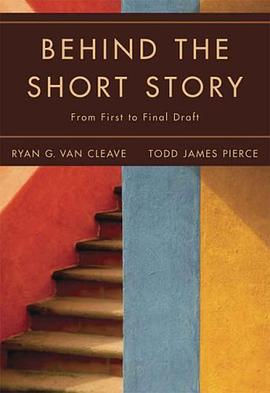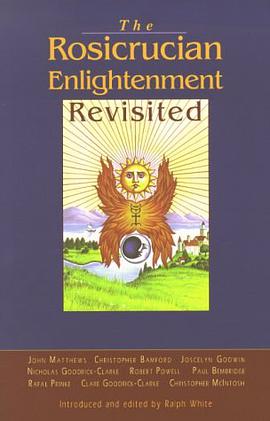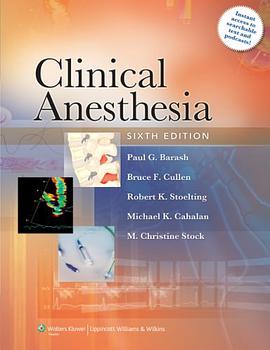

About Hume: David Hume (1711-1776) is one of the greatest of philosophers. Today he probably ranks highest of all British philosophers in terms of influence and philosophical standing. His philosophical work ranges across morals, the mind, metaphysics, epistemology, and aesthetics; he had broad interests not only in philosophy as it is now conceived but in history, politics, economics, religion, and the arts. He was a master of English prose. The Clarendon Hume Edition includes general editors like: Professor T. L. Beauchamp, Georgetown University, USA, Professor D. F. Norton, McGill University, Canada, and Professor M. A. Stewart, University of Lancaster, England. "The Clarendon Hume" will include all of his works except his History of England and minor historical writings; it will be the only thorough critical edition, and will provide a far more extensive scholarly treatment than any previous editions. This edition (which has been in preparation since the 1970s) offers authoritative annotation, bibliographical information, and indexes, and draws upon the major advances in textual scholarship that have been made since the publication of earlier editions-advances both in the understanding of editorial principle and practice and in knowledge of the history of Hume's own texts. The Edition will comprise: Volumes 1 and 2: "A Treatise of Human Nature", edited by D. F. Norton; Volume 3: "An Enquiry concerning Human Understanding", edited by T. L. Beauchamp; Volume 4: "An Enquiry concerning the Principles of Morals", edited by T. L. Beauchamp; Volume 5: "The Natural History of Religion and the Dissertation on the Passions"; Volumes 6 and 7: "Essays"; Volume 8: "Dialogues concerning Natural Religion and other posthumous publications", edited by M. A. Stewart. About this work: "An Enquiry concerning the Principles of Morals" was Hume's third great philosophical work, first published in 1751. Hume's aim in this elegant and lucid work was to present in an accessible way his theory of the foundation of morality in human nature, which had developed significantly since he first addressed the subject in the "Treatise of Human Nature" (1739/40). He discusses moral psychology; freedom, necessity, and causation; practical reasoning; justice; virtues and other moral qualities. He considered this Enquiry to be 'of all my writings, historical, philosophical, or literary, incomparably the best'. About this volume: The authoritative version of the text, based upon the 1772 edition that was seen through the press by Hume himself, is presented here accurately and clearly. The editor's introduction sets the work in its historical context; the annotation and glossary provide information about Hume's sources, allusions, citations, and meanings, to help readers towards a full understanding of the text. A biographical appendix identifies the many people mentioned by "Hume in the Enquiry". Bibliographies list the works cited by Hume and a selection of the secondary literature. Hume's original index is reproduced, together with a new general index by the editor.
具体描述
读后感
写在前面:底本用的是曾晓平译本,偶尔参照原文。翻译的质量并不差。 第一章 论道德的一般原则 一、反对道德虚无主义者 首先,休谟反对了道德虚无主义者。休谟强调道德区别的实在性,而道德区别包括性格的区别和行动的区别(亦即,道德判断一方面可以施加于行动,另一方面还可...
评分休谟在本书中的理论完全建立在经验主义上。他并非通过抽象的推理先得出结论,而是从生活中的大量经验归纳出某种原理。以论题来看,这种论证方法有一定的合理性。因为脱离了现实的道德理论考证,显然是空中楼阁。但经验论往往会使推理停留在某一步,而不能再往前推进,因为...
评分 评分1. 休谟,公元1711年4月26日——1776年8月25日。 2. (论道德)的一般原则,而非论(道德的一般原则)。 3. 趋利避害。 4. 道德伴随着情感,道德界线的迁移也伴随着情感的迁移。 5. 重复别人的表达是无意义的,有意义的是在这些表达的基础上再走一步。 6. 读一些伟大的思想家的...
评分Hume’s concept of justice: anti-cosmopolitanism (Enquiry, p.22): When universal benevolence (“imprudent fanatics”) prevails, justice is of no USE. Justice: cautious, jealous, artificial virtue. Of use. Perfect humanity and moderation means justice would ...
用户评价
第三部分看不下去全跳
评分第三部分看不下去全跳
评分第三部分看不下去全跳
评分第三部分看不下去全跳
评分第三部分看不下去全跳
相关图书
本站所有内容均为互联网搜索引擎提供的公开搜索信息,本站不存储任何数据与内容,任何内容与数据均与本站无关,如有需要请联系相关搜索引擎包括但不限于百度,google,bing,sogou 等
© 2025 book.wenda123.org All Rights Reserved. 图书目录大全 版权所有




















